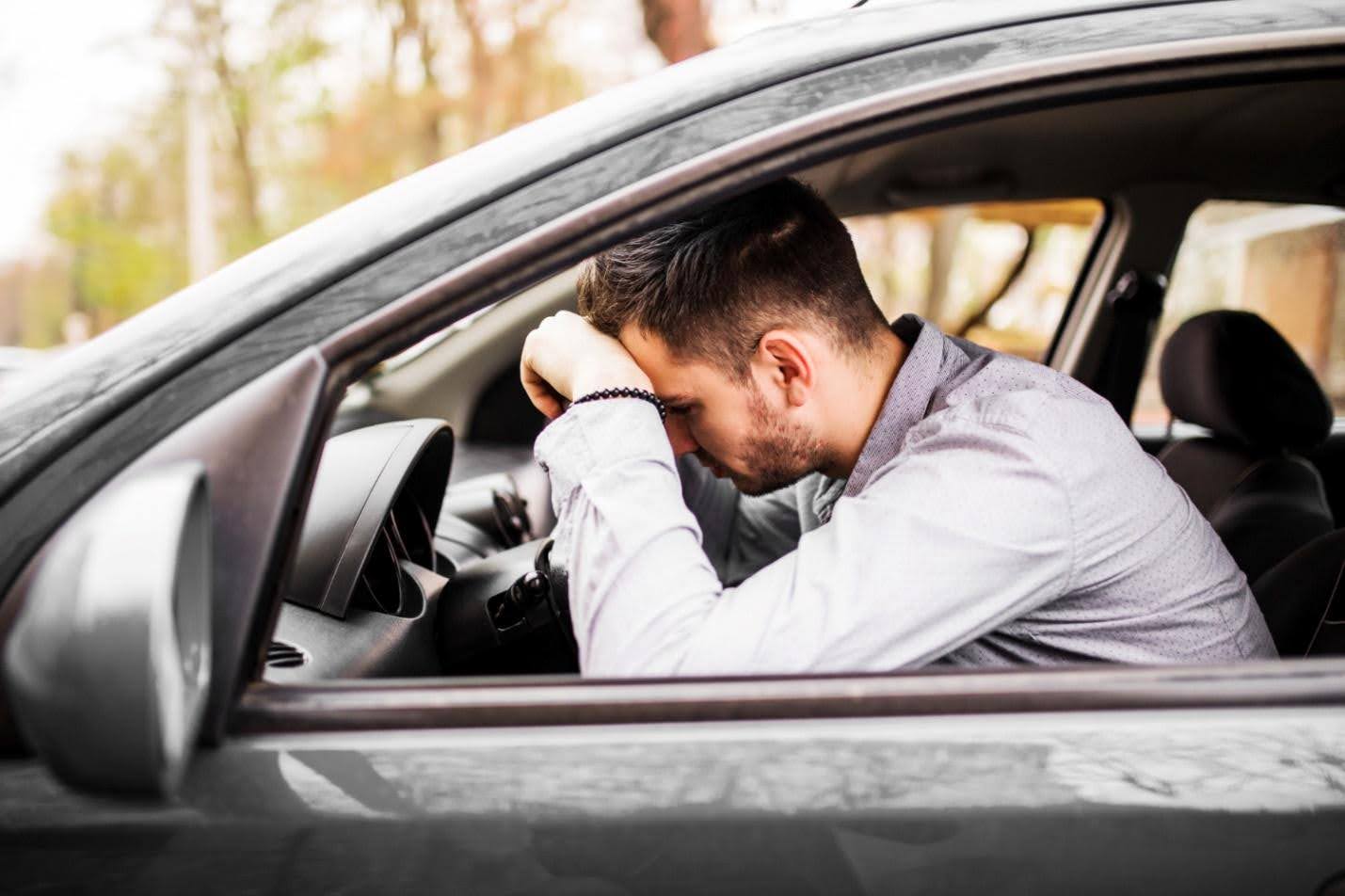Drowsy Driving Dangers: Recognizing And Combating Driver Fatigue
Drowsy driving poses a significant threat to motorists, with far-reaching consequences that extend beyond the immediate dangers of a collision.
Author:Finn WildeReviewer:Michael RachalMay 22, 20241.6K Shares111.3K Views

Drowsy driving poses a significant threat to motorists, with far-reaching consequences that extend beyond the immediate dangers of a collision.
Data from the National Sleep Foundation (NSF)reports that drowsy driving contributes to over 6,400 fatalities annually in the United States. Yet the true extent of the problem may be even greater, as many cases of drowsy driving go unreported or unrecognized.
If you’re a victim of an accident caused by drowsy driving, you might have a valid case. For a successful car accident claim, it's crucial to hire an experienced lawyer. They will work hard to ensure you get fair compensation for all the losses you have suffered due to drowsy driving.
In this post, we'll shed light on this critical issue to raise awareness and empower drivers to prioritize their safety and the safety of others on the road.
Understanding Drowsy Driving and Its Causes
Drowsy driving is more than just feeling a bit tired behind the wheel; it's a serious issue that can impair a driver's ability to operate a vehicle safely. This occurs when a person operates a motor vehicle while feeling sleepy or fatigued. Some factors that can contribute to drowsiness while driving include:
- Lack of Sleep
- Irregular Sleep Schedules
- Sleep Disorders
- Medications and Alcohol
Dangers of Drowsy Driving
Drowsy driving poses significant dangers on the road, both to the driver and others sharing the same space. The dangers are multifaceted and profound, encompassing a range of risks that threaten the safety of road users. Operating a vehicle while fatigued can lead to decreased reaction times, impaired decision-making abilities, and diminished attention and focus, making accidents more likely to occur.
Additionally, drowsy driving is associated with an increased risk of single-vehicle crashes and poses a threat to pedestrians, cyclists, and passengers. The consequences of drowsy driving can be devastating, with injuries, fatalities, and legal ramifications.
Combating Driver Fatigue
Combating driver fatigue is essential for promoting safer roads and reducing the risks associated with drowsy driving. There are several strategies that drivers can employ to stay alert and focused while on the road, minimizing the likelihood of accidents.
- Get Enough Sleep: One of the most effective ways to combat driver fatigue is to ensure that you get enough sleep before hitting the road. Aim for 7-9 hours of quality sleep per night, especially before embarking on long trips. Establishing a regular sleep schedule can help regulate your body's internal clock and reduce the risk of drowsiness during the day.
- Take Regular Breaks: Long periods of continuous driving can lead to fatigue and decreased alertness. Plan regular breaks during long trips to rest and refresh. Stop at designated rest areas or roadside parks to stretch your legs, get some fresh air, and rejuvenate your mind. Aim to take a break every 2 hours or 100 miles to prevent drowsiness from setting in.
- Avoid Late-Night Driving: Driving during late-night or early-morning hours increases the risk of drowsy driving due to our natural circadian rhythms. If possible, avoid driving during these times especially if you're already feeling tired. Opt for driving during daylight hours when visibility is better, and your body is naturally more alert.
- Share the Driving: If you're traveling with a companion, consider sharing the driving responsibilities. Taking turns behind the wheel allows both drivers to rest and recharge, reducing the overall risk of driver fatigue. Make sure to switch drivers before either of you becomes too tired to drive safely.
- Stay Hydrated and Nourished: Dehydration, hunger, and greasy meals can exacerbate feelings of fatigue, making it harder to stay alert while driving. Drink plenty of water throughout your journey and pack healthy snacks to keep your energy levels up.
Avoid Alcohol and Medications: Alcohol and certain medications can impair cognitive function and increase feelings of drowsiness. Avoid consuming alcohol before driving, and be cautious when taking medications that may cause drowsiness as a side effect.

Finn Wilde
Author
For Finn Wilde, the wilderness is more than just a destination - it’s a way of life. Over the past decade, he has led multiple expeditions in some of the world’s most remote regions, from the icy fjords of Greenland to the rugged trails of Patagonia.
Finn emphasizes sustainability in all of his adventures, helping participants connect with nature while promoting responsible exploration. His expeditions inspire individuals to explore the great outdoors while fostering a deep respect for the environment.

Michael Rachal
Reviewer
Michael Rachal believes that luxury lies in the details. With over 20 years of experience in the luxury travel industry, he has crafted hundreds of bespoke itineraries for clients seeking personalized, unforgettable experiences.
Whether guiding clients through private cultural tours or curating culinary journeys with world-renowned chefs, Michael ensures that each trip is tailored to perfection.
His ability to anticipate needs and exceed expectations has earned him a reputation as a leading expert in luxury travel.
Latest Articles
Popular Articles
